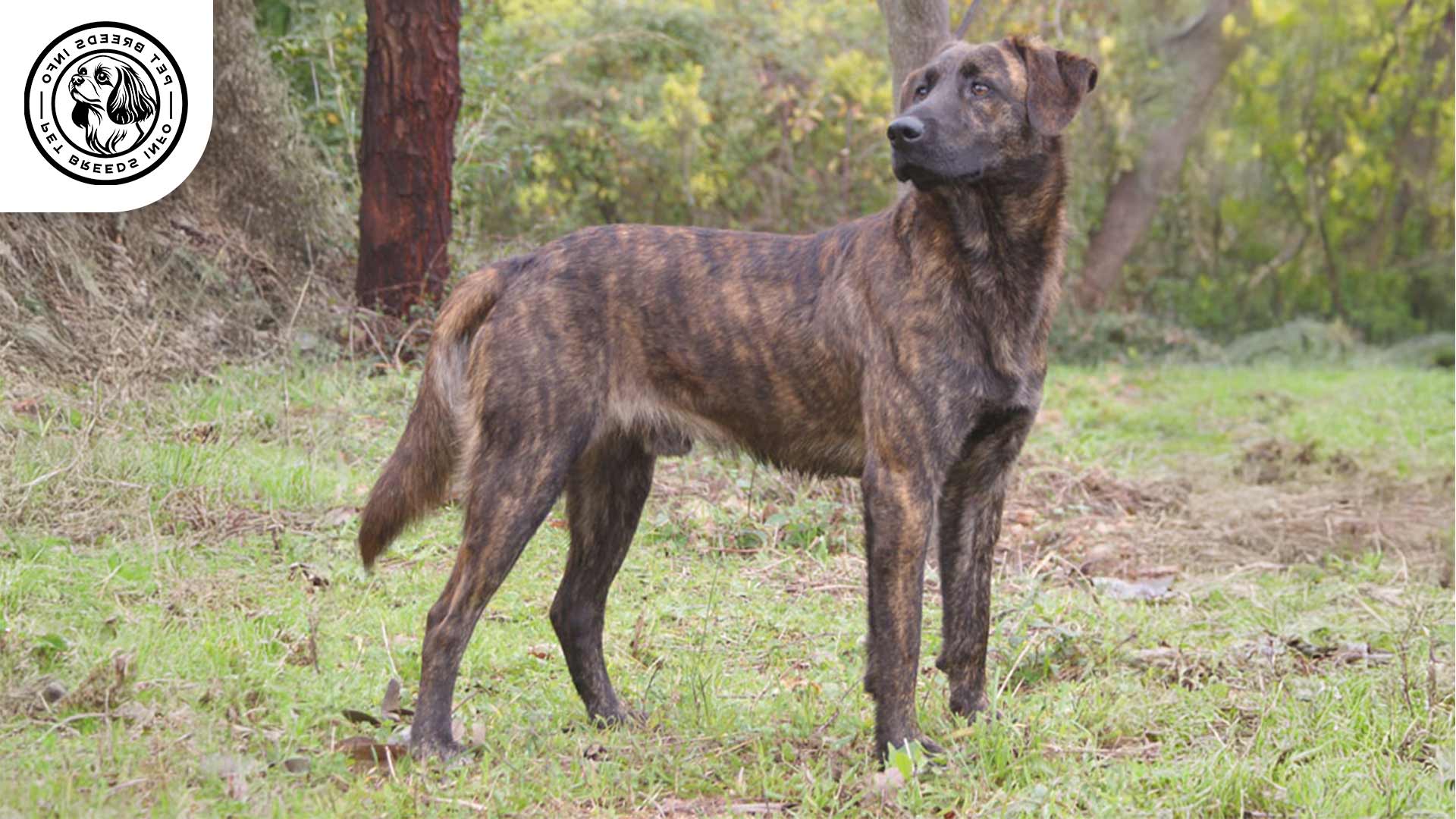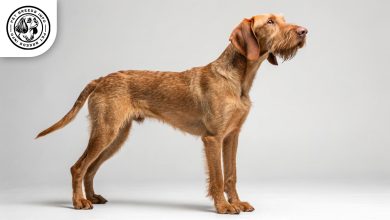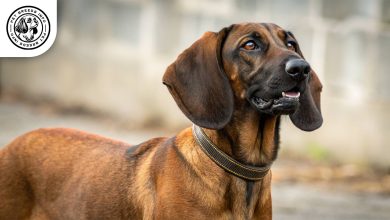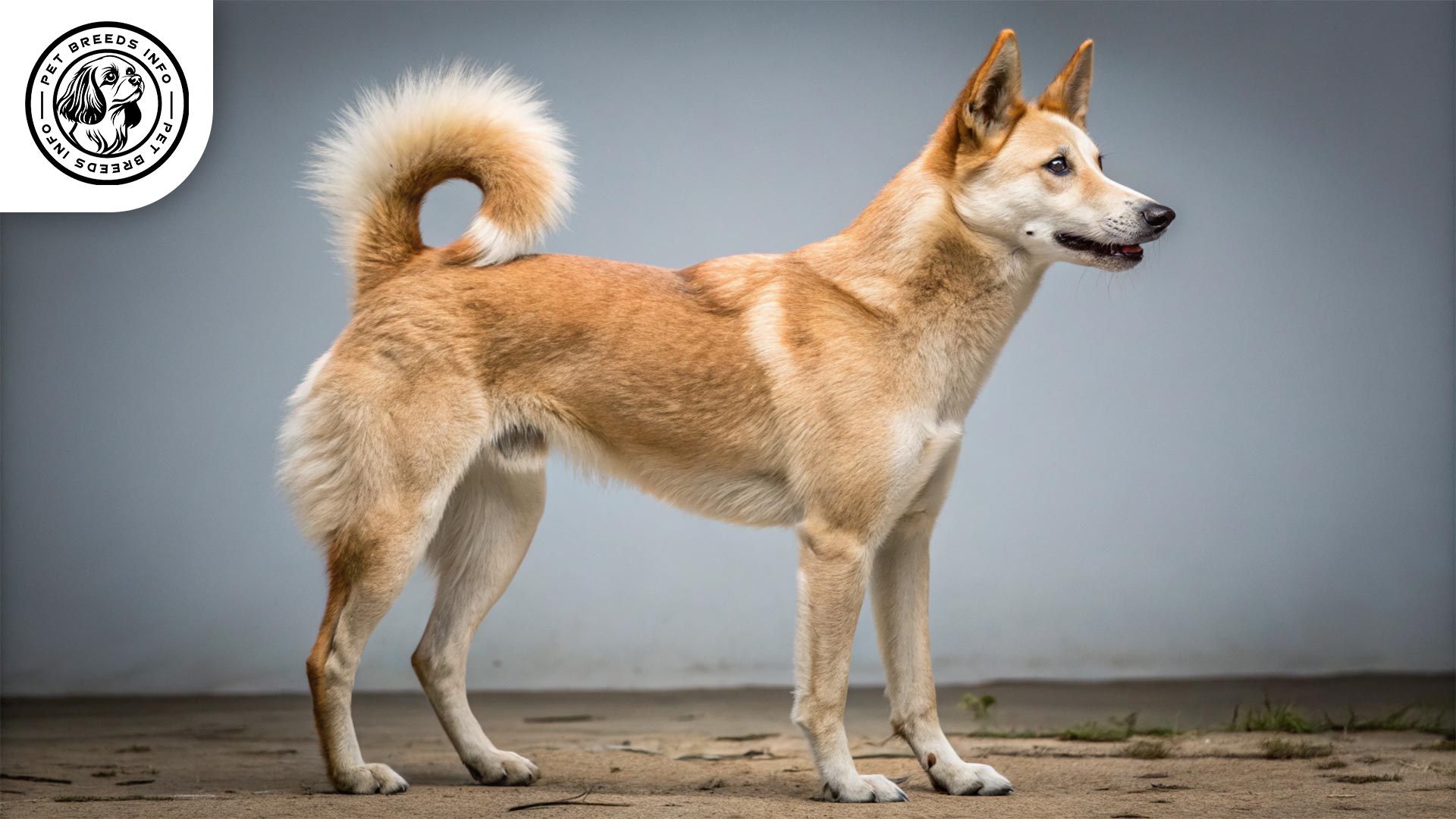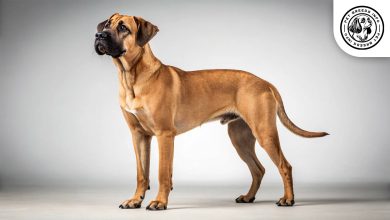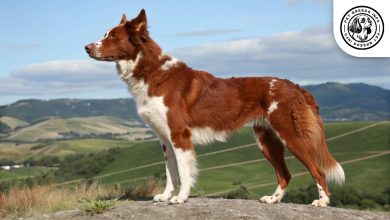Corsican Hound Dog Breed: Size, Health, Price & Personality
General Introduction of the Breed
The Corsican Hound, also known as Chien de Corse in French, is a rare hunting dog originating from the island of Corsica, France. It has also been referred to as the Corsican Hunting Dog. This breed has been used for centuries by Corsican hunters to track and chase game, particularly wild boar and hares.
The Corsican Hound is believed to have descended from ancient European hunting dogs brought to the island. Over time, the breed adapted to the rugged Corsican terrain, developing exceptional tracking abilities, endurance, and a keen hunting instinct.
Table of Contents
| Weight | 35-55 lbs |
| Lifespan | 12-14 years |
| Diet | High-quality kibble, wet food, or raw diet |
| Care | Daily exercise, minimal grooming, regular vet care |
| Health | Prone to hip dysplasia and ear infections |
| Color | Fawn, black, brindle, or mixed shades |
| Nature | Loyal, intelligent, energetic |
| Price | $800 – $1,500 |
Physical Characteristics
The Corsican Hound is a medium-sized dog with a well-balanced and athletic build. Males typically stand between 18 to 23 inches (45 to 58 cm) tall and weigh around 35 to 55 pounds (16 to 25 kg). Females are slightly smaller.
Their coat is short, dense, and smooth, providing protection against the elements. Coat colors vary and may include fawn, black, brindle, or a mix of these shades.
Their eyes are almond-shaped and expressive, usually in shades of brown. The ears are medium-sized, set high, and slightly droopy, enhancing their keen sense of hearing. Their tail is long and slightly curved, often carried high when excited.
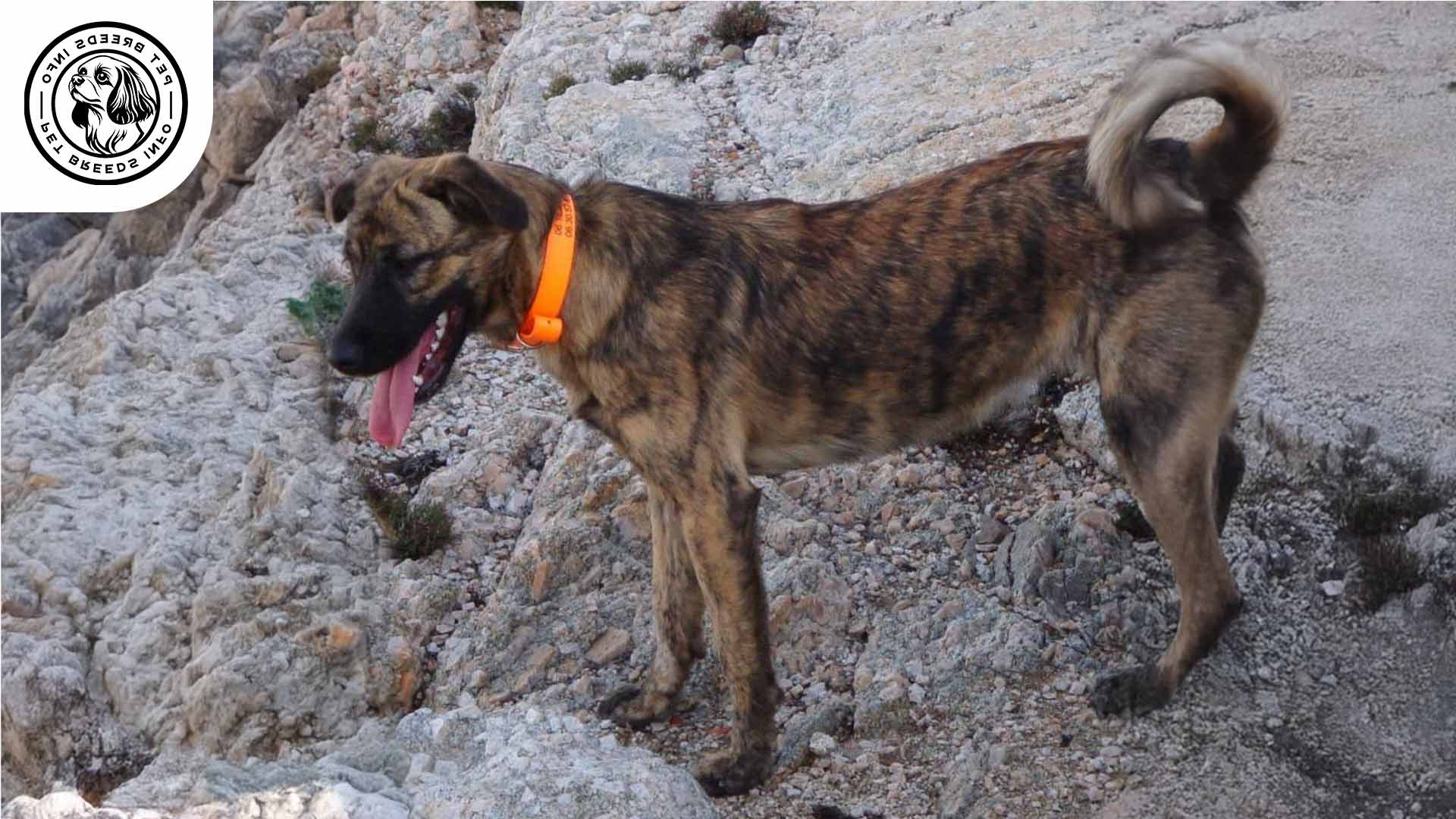
Personality and Temperament
The Corsican Hound is highly intelligent and easily trainable, though it retains an independent nature due to its hunting background. It is active and requires regular physical and mental stimulation.
This breed is deeply loyal to its owners and forms strong attachments to family members. It is generally good with children and can coexist peacefully with other dogs, though early socialization is necessary.
With a strong prey drive, the Corsican Hound may not be the best choice for homes with small pets like cats or rabbits. It thrives when given a purpose, whether through hunting, agility training, or long outdoor activities.
Care and Maintenance Requirements
The Corsican Hound requires daily exercise, such as long walks, hikes, or runs. It is best suited for homes with ample outdoor space rather than small apartments.
Grooming needs are minimal. Its short coat requires occasional brushing to remove loose hair. Shedding is moderate. Regular maintenance includes ear cleaning, nail trimming, and dental care.
Read More: Alaskan Husky Dog
This breed tolerates warm climates better than extreme cold, so proper shelter and temperature control are necessary in colder regions.
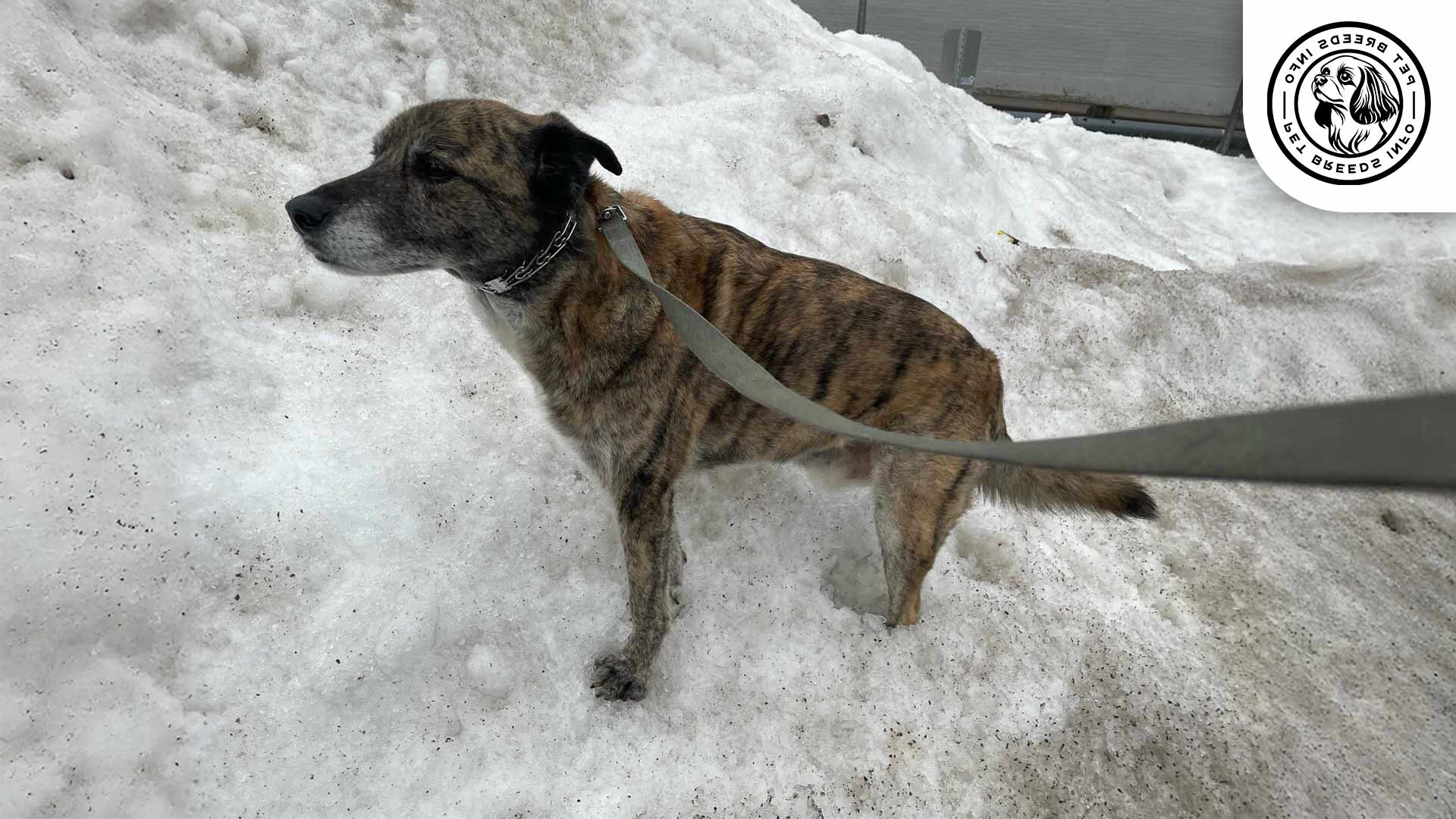
Diet and Nutrition
A well-balanced diet is essential for maintaining the Corsican Hound’s health. High-quality dry kibble, wet food, or a raw diet may be suitable, depending on availability and owner preference.
Protein-rich foods like lean meat, fish, and eggs are beneficial for this active breed. Avoid feeding processed human foods, sugary snacks, and excessive grains.
Portion sizes should be managed according to the dog’s activity level and weight, typically divided into two meals per day.
Health and Common Medical Issues
The Corsican Hound is generally a healthy breed with a lifespan of around 12 to 14 years. However, like all dogs, it may be prone to certain genetic conditions, including hip dysplasia and ear infections.
Regular vet check-ups, vaccinations, parasite prevention, and a healthy diet contribute to longevity and well-being.
Read More: Swiss White Shepherd Dog
Training and Behavior Management
This breed is intelligent and capable of learning quickly, though it can exhibit a stubborn streak. Early training and socialization are crucial for shaping good behavior.
Positive reinforcement methods, such as treats and praise, work best. Consistency and patience are key to preventing unwanted behaviors.
Leash training is important due to their strong prey instincts, as they may attempt to chase small animals.
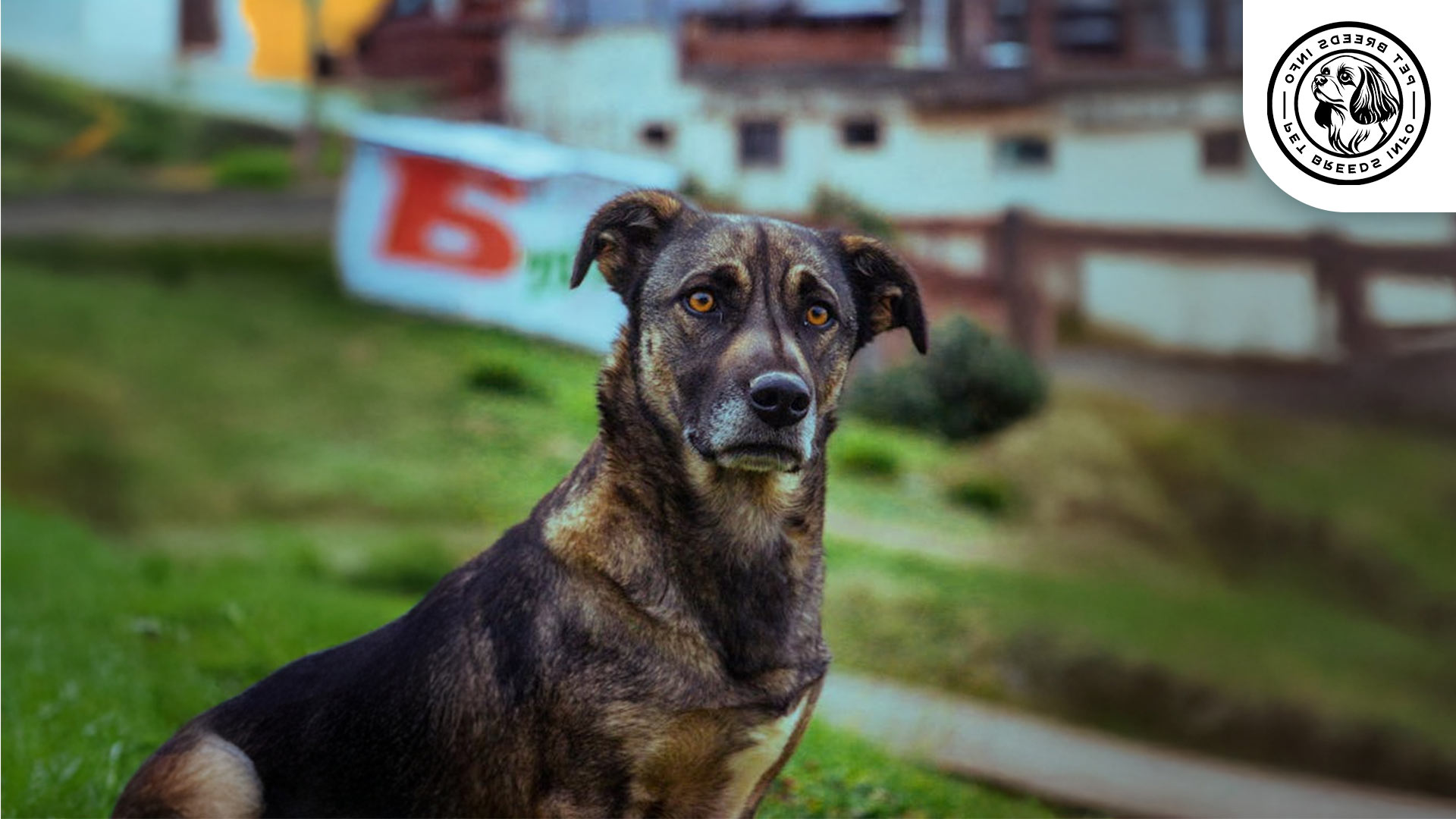
Interaction with Other Animals and Humans
The Corsican Hound is affectionate with family members and forms close bonds with its owners. It is usually good with children when socialized properly.
While they can get along with other dogs, their hunting instincts may cause them to be wary of smaller animals. Proper introductions should be made when bringing them into multi-pet households.
They are ideal for active families or individuals who enjoy an outdoor lifestyle.
Price and Availability
The Corsican Hound is a rare breed and may be difficult to find outside its native region. The price for a Corsican Hound puppy varies but can range from $800 to $1,500, depending on the breeder and lineage.
Potential owners should seek reputable breeders or adoption centers specializing in hunting breeds.
Conclusion and Final Thoughts
The Corsican Hound is an excellent companion for active individuals and hunting enthusiasts. It requires regular exercise, early training, and a structured environment to thrive.
Not suited for inactive owners or small apartment living, this dog flourishes in a home with ample space and opportunities for physical activity.
Read More: Austrian Pinscher Dog
Before choosing this breed, potential owners should consider its high energy levels, need for training, and strong hunting instincts. With proper care and companionship, the Corsican Hound can be a devoted and loving member of the family.
FAQ
Is the Corsican Hound a good family dog?
Yes, it is affectionate and bonds well with its family, but early socialization is recommended.
How much exercise does a Corsican Hound need?
They need daily walks, runs, or hunting-related activities to stay happy and healthy.
Is the Corsican Hound easy to train?
Yes, but they have an independent streak. Positive reinforcement and consistency work best.
Does the Corsican Hound get along with other pets?
They can live with other dogs but may have a strong prey drive toward smaller animals.
